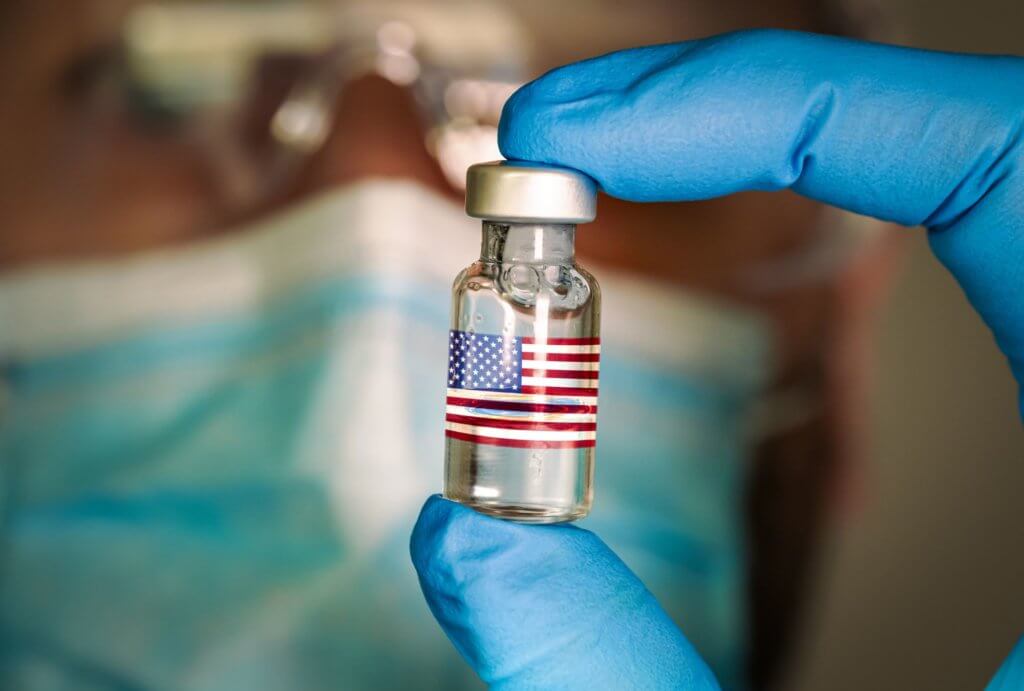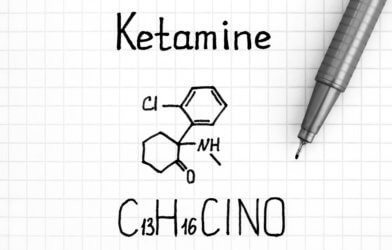The U.S. federal government has decided to fund research regarding psychedelic drug use for the first time in nearly fifty years. The National Institute on Drug Abuse (NIDA) has provided grants for those within the psychedelic research field, the first of possibly many since the illegalization of such drugs in the 1970s.
Dr. Matthew W. Johnson, lead researcher for psychedelics at Johns Hopkins, received the U01 grant funding his research on psilocybin. Dr. Johnson and his team are currently studying psilocybin’s effect on those addicted to nicotine. Johns Hopkins University has examined psilocybin’s ability to reduce the need to smoke in tobacco addicts throughout the years, yielding promising results in a 2014 clinical trial.
Dr. Johnson and his team were able to continue the research with several additional studies on psychedelics. In an attempt to advance the current study of psilocybin, Johns Hopkins has joined forces with the psychedelic trailblazers Mydecine in a 5-year contract. The company plans to launch the second of three clinical trials to test the efficacy of its MYCO-001 compound as a nicotine addiction treatment.
In a recent tweet, Dr. Johnson announced the funding of psychedelic research as a “new era”.
“It’s official. I just received a U01 grant from NIDA to study psilocybin for tobacco addiction. To my knowledge it’s the first grant from the U.S. government in over a half century to directly study therapeutics of a classic psychedelic. New era in legitimacy of psychedelic science,” said Dr. Johnson.
With the government backing psychedelic research, more clinical trials can be funded. As psychedelic drugs are continually being approved by the FDA, this new era will potentially yield safe and effective psychedelic treatments for addiction.












